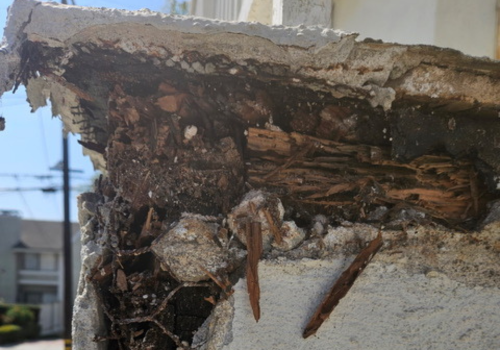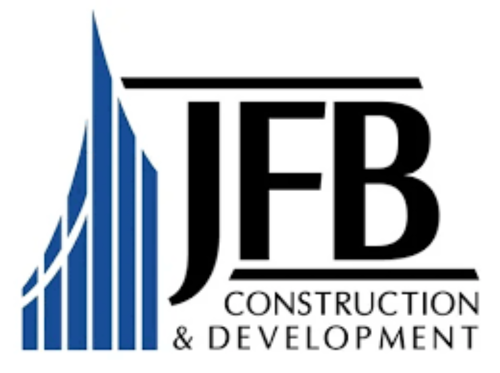
BLM Approves Geothermal and Pipeline Projects to Advance U.S. Energy Independence and Job Creation
WASHINGTON, D.C. – June 30, 2025 – The Bureau of Land Management (BLM) has approved multiple large-scale energy projects across Western states, underscoring the federal agency’s dual commitment to energy security and environmental stewardship. The newly authorized developments include three geothermal projects in Nevada and a major natural gas pipeline in Montana, aiming to expand America’s energy portfolio while generating economic opportunities in rural communities.

“Approving these projects reflects our commitment to strengthening America’s energy independence,” said BLM Acting Director Bill Groffy. “By responsibly developing energy resources on public lands, we’re helping to secure a reliable, diverse energy future for the nation while supporting jobs and local economies.”
Montana Pipeline Accelerated Under Energy Emergency
In Montana, the BLM approved NorthWestern Energy’s 74-mile Helena to Three Forks natural gas pipeline, a project expedited through a 14-day environmental review under a national energy emergency declaration issued by President Donald J. Trump. The pipeline is designed to bolster natural gas supply reliability across the state while reducing pressure on aging infrastructure.
The project will cross approximately nine miles of BLM-managed public lands and follow an existing utility corridor, minimizing new environmental disturbances. Construction is scheduled in phases from spring 2026 to fall 2029, with survey and engineering activities beginning in 2025.
Local contractors and labor groups are expected to benefit from the pipeline’s construction. “This project is a smart investment in Montana’s energy reliability,” said a regional construction firm representative. “We anticipate strong demand for skilled trades throughout the multi-year buildout.”
Nevada Geothermal Projects Align with Clean Energy Goals
Meanwhile, in Nevada, the BLM has approved three geothermal energy initiatives that support federal goals for sustainable energy development on public lands:
- Diamond Flat Geothermal Project (near Fallon): Ormat Technologies has received approval to begin exploratory test drilling on federally leased land. These activities aim to confirm the viability of geothermal energy extraction at the site.
- McGinness Hills Geothermal Optimization Project (Lander County): This expansion will modernize three existing geothermal plants by adding new production wells, advanced cooling technology, and a 15-MW solar PV field to enhance output beyond the current 193 megawatts.
- Pinto Geothermal Project (near Denio): Ormat will also conduct exploratory drilling and resource analysis in this region to evaluate long-term energy generation potential.
The geothermal projects highlight the BLM’s growing role in renewable energy deployment, while still maintaining regulatory oversight and environmental safeguards.
Construction and Energy Industry Perspectives
Construction leaders say the BLM’s strategy demonstrates how infrastructure and clean energy can coexist.
“Federal approvals like these are critical for getting real work underway,” said Marie Delgado, vice president of operations for a Reno-based geothermal contractor. “Every well we drill represents jobs, local spending, and a step toward energy diversification.”
Developers are also encouraged by the agency’s streamlined approach to permitting.
“Ormat is committed to responsible geothermal development, and this level of federal coordination accelerates our path to deployment,” said a company spokesperson.
Supporting Broader Energy and Resource Strategy
These project approvals contribute to the BLM’s broader mission of managing energy resources and critical minerals on public lands. In addition to overseeing extraction and permitting, the BLM implements environmental protection measures to ensure long-term land health and community resilience.
As energy needs grow and geopolitical tensions affect global supply chains, federal agencies like BLM are playing a larger role in delivering both traditional and renewable resources domestically.
With work set to begin as early as 2025, these projects signal new momentum in public-lands energy development—while balancing economic, environmental, and infrastructure priorities.
Originally reported by BLM Press in BLM Govt.

.webp)





